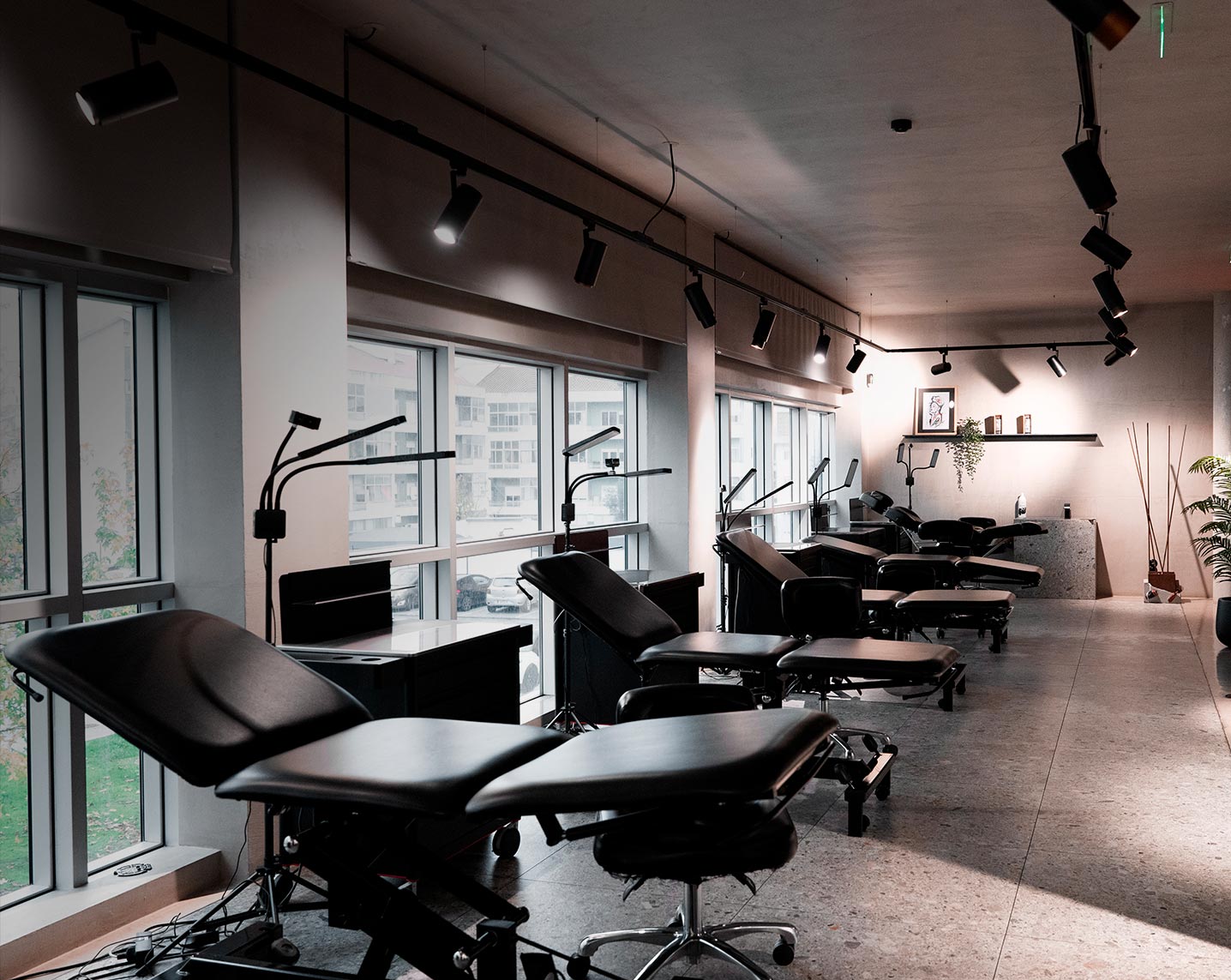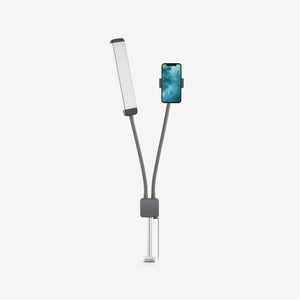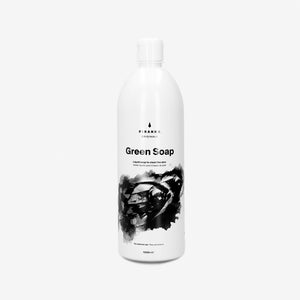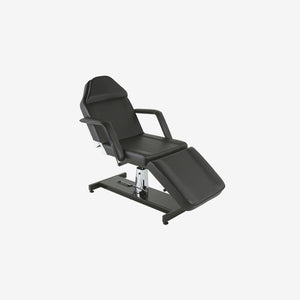¿Estos pigmentos son libres de crueldad animal y veganos?
Por supuesto. Los pigmentos Biotek son 100 % veganos y no se prueban en animales.
¿Cuál es el propósito de la botella sin aire?
El sistema sin aire garantiza cero contaminación, dosificación precisa y uso completo del pigmento sin desperdicio ni secado.
¿Cuál es la diferencia entre pigmentos orgánicos, inorgánicos e híbridos?
- Los pigmentos inorgánicos (normalmente óxidos de hierro) ofrecen estabilidad, bajo riesgo de cambio de tono y tonos apagados ideales para camuflar cicatrices o trabajos sutiles.
- Los pigmentos orgánicos (normalmente a base de carbono) son más brillantes y saturados, ideales para trabajos de labios y delineadores de ojos.
- Los pigmentos híbridos combinan ambos para lograr una intensidad y durabilidad equilibradas.
¿Los pigmentos Biotek son seguros para todo tipo de piel?
Sí. Los pigmentos Biotek están dermatológicamente probados, son veganos y cumplen con las normativas REACH de la UE y las regulaciones cosméticas de EE. UU. Son aptos para pieles sensibles y diversos fototipos Fitzpatrick, aunque la selección del color debe ajustarse a los subtonos individuales.
¿Cómo debo almacenar los pigmentos Biotek?
Conservar en un lugar fresco y seco, herméticamente cerrado. El envase hermético garantiza la esterilidad y previene la oxidación, permitiéndole usar cada gota con seguridad.
¿El pigmento es seguro para clientes sensibles?
Mojito se fabrica en laboratorios con certificación ISO, está esterilizado y cumple con la normativa REACH. Realice siempre una prueba de sensibilidad para descartar alergias individuales.
¿Cuánto tiempo dura en la piel?
Las pruebas clínicas y los comentarios de los artistas indican una retención visible durante 24 a 36 meses antes de que se recomiende una sesión de mantenimiento, sujeto al metabolismo del cliente y al cuidado posterior.
¿Biotek Hybrid Long Lasting es adecuado tanto para microblading como para trabajo con máquina?
Sí. El líquido de baja viscosidad fluye fácilmente a través de cartuchos y cuchillas manuales, lo que lo hace versátil en todas las técnicas.
¿Los pigmentos Biotek cambian de color con el tiempo?
No. Biotek utiliza moléculas con recubrimiento biológico y fórmulas estabilizadas para evitar cambios de tono rojo, gris o azul, lo que garantiza una curación constante y una larga duración.






